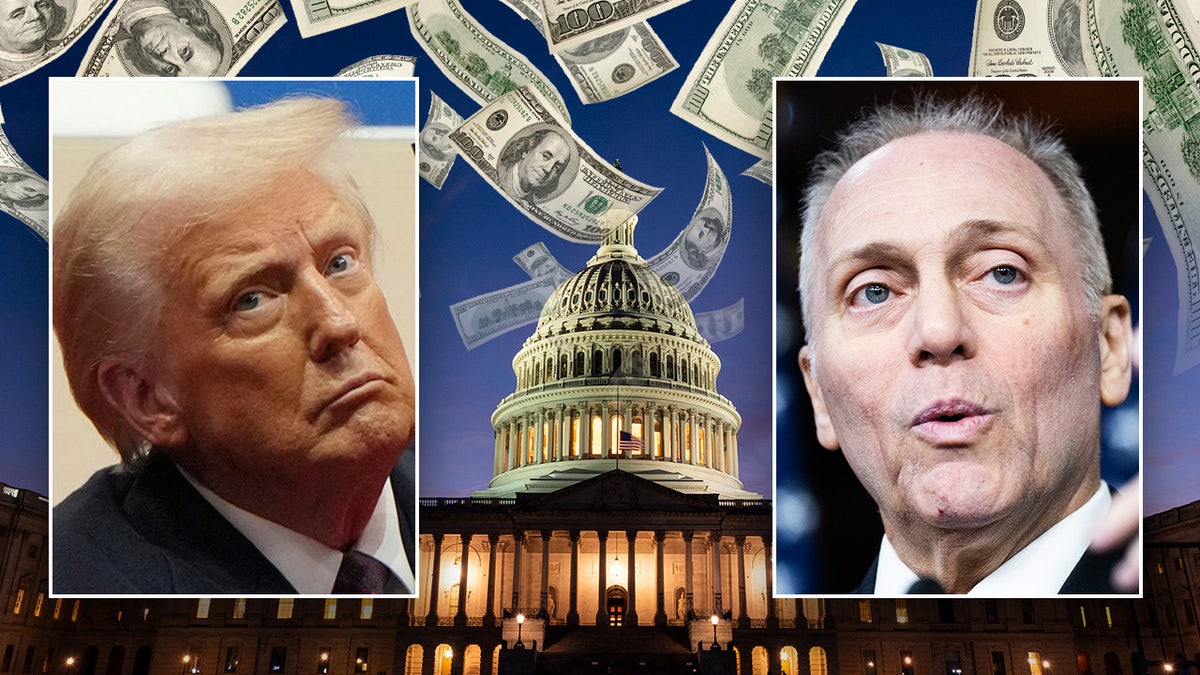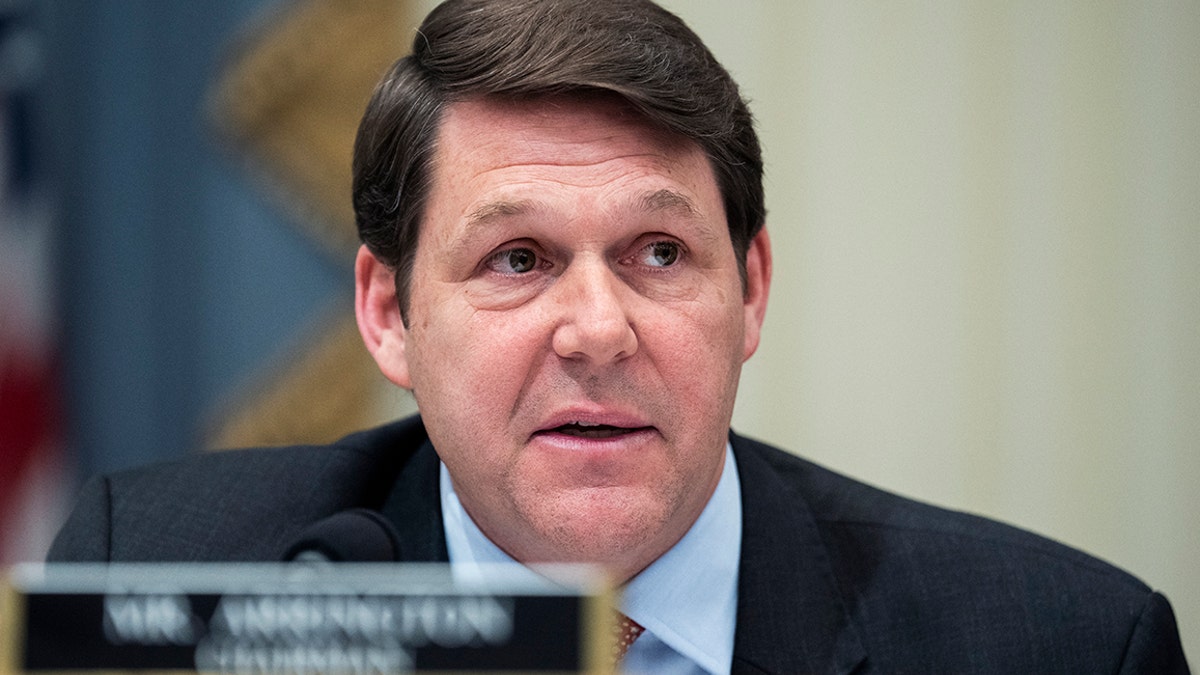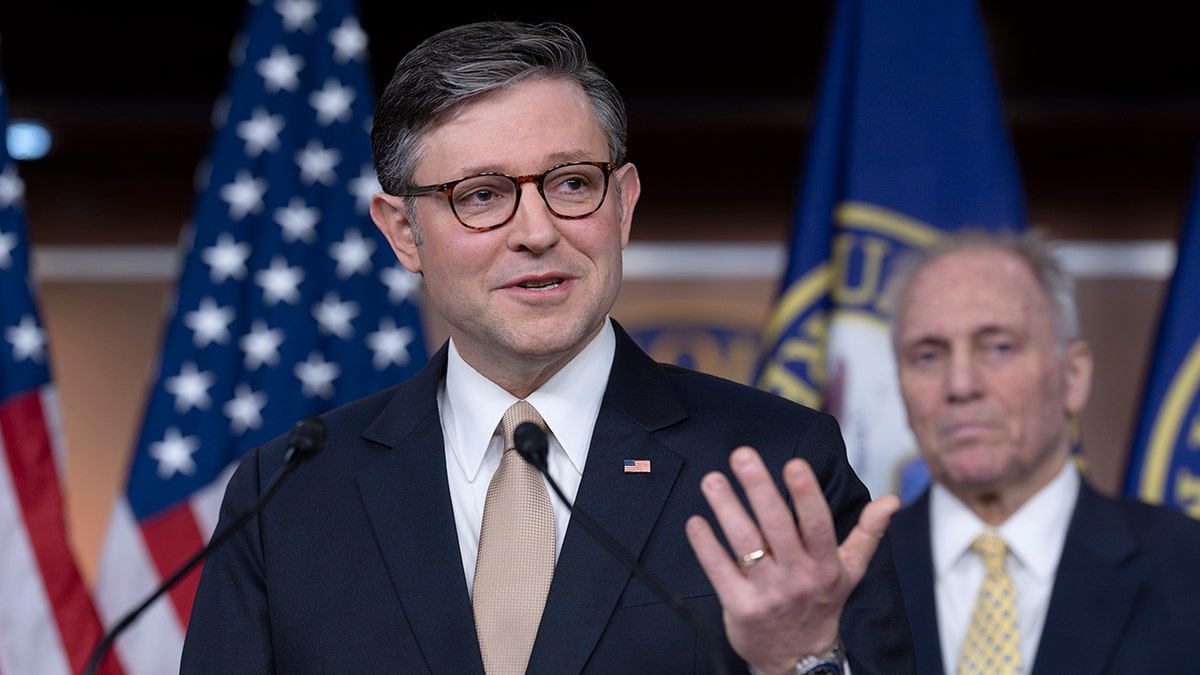Republican House Majority Leader Steve Scalise has indicated that Republicans are targeting approximately $1 trillion in spending cuts as they navigate the budget reconciliation process. This substantial reduction is a key component of their efforts to enact a significant portion of former President Trump's policy agenda.
Leveraging the reconciliation process, which requires only a simple majority in the Senate, allows Republicans to bypass the typical 60-vote threshold. This strategy enables them to advance their fiscal priorities, as long as the measures are budget-related. However, internal disagreements regarding the precise level of spending cuts have caused delays in their initial timeline.

Originally, the House Budget Committee planned to move forward with a reconciliation resolution this week. This was stalled due to resistance from fiscal conservatives within the Republican party who deemed the initial proposed cuts of around $300 billion, and even a later offer approaching $900 billion, insufficient. Scalise now anticipates the bill will advance from the committee next week.

Scalise acknowledged the challenges posed by the Congressional Budget Office (CBO) cost estimates, citing past inaccuracies. He emphasized the importance of considering factors like economic growth resulting from energy and regulatory policies when determining appropriate spending levels.
Ongoing negotiations are taking place to find a consensus. While the final figure for spending cuts may not deviate drastically from the agreed-upon baseline, Republican leaders maintain that further opportunities for reductions will be explored. The reconciliation package is intended to encompass a range of Trump-era policies, including increased border security funding, tax adjustments, defense spending increases, and measures supporting fossil fuels.

Although House Republicans aimed to pass their reconciliation bill first, Senate Republicans have indicated they are prepared to proceed with their own version if House disagreements continue to cause delays. Despite this, House Speaker Mike Johnson and Majority Leader Scalise have affirmed their commitment to leading the process and maintaining their timeline.
Comments(0)
Top Comments